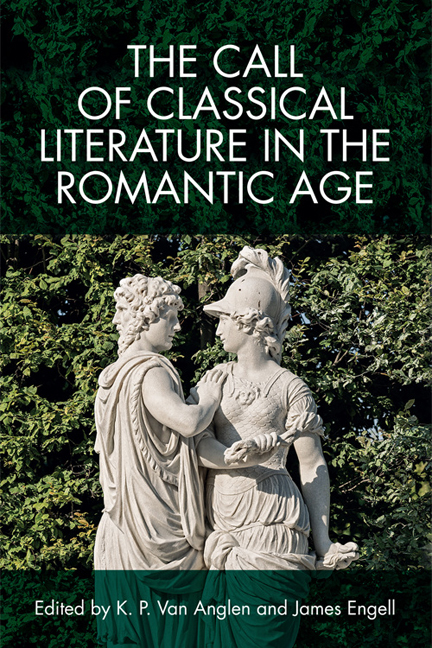2 - Phillis Wheatley and the Political Work of Ekphrasis
Published online by Cambridge University Press: 06 May 2021
Summary
For Phillis Wheatley, who was born in Africa during the early 1750s and died in Boston in 1784, the problem of ethos was particularly stark. During her lifetime, Boston seethed with arguments about political representation, taxation, and liberty. Wheatley, a black, enslaved girl from Africa, had no standing from which to enter these arguments. She had no recognized ethos to speak by, for, or of her self on any topic because her society, quite unapologetically, didn't recognize her as having a self to represent. Amazingly, for so many reasons, Wheatley began composing and writing what increasingly looked like poetry (metered verse presenting topical or abstract subjects in forms inspired by contemporary and classical examples) even while it was almost unthinkable that she could be, somehow, a poet. What warrant could a slave offer to her readers to induce them to read her poems? I don't think anyone expected Wheatley herself to provide one. In 1773, for example, when the extraordinary effort was made to publish a collection of her works as Poems on Various Subjects, Religious and Moral, it was vouched for by her patrons. Her publisher, her master, a committee of Boston's worthies, and even Selina Hastings, Countess of Huntingdon, presented more than ample authorization for the volume in its elaborate front matter. Nevertheless, in the proem Wheatley wrote for her volume, “To Maecenas,” she took it upon herself to provide a personal warrant for the value of her poetry, and she did so by taking advantage of the radical potential of the classical mode of ekphrasis.
“To Maecenas” is ekphrastic in both the broad sense of re-depicting and commenting upon one work of art by another, and the narrow sense of being a poem about an image. The ode re-depicts and comments upon some of the most famous literary works of the classical canon, while the poem as a whole contests, by re-depicting and commenting upon, the image of Phillis Wheatley created and authorized by her patrons. In one sense, Wheatley is being quite old-fashioned by turning ekphrasis to the task of establishing the origin and nature of her own authority as a poet.
- Type
- Chapter
- Information
- The Call of Classical Literature in the Romantic Age , pp. 53 - 79Publisher: Edinburgh University PressPrint publication year: 2017

